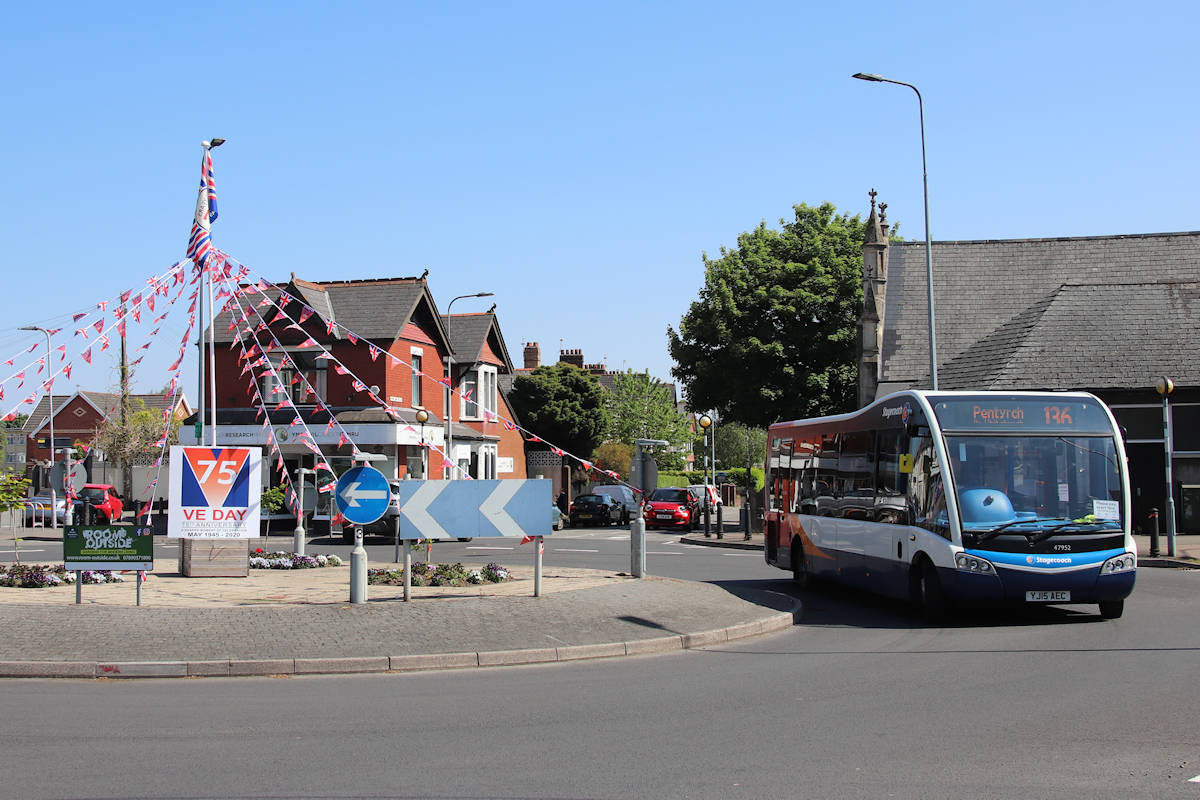O-Licence cut to 16 vehicles for Swadlincote-based Viking Coaches after unauthorised operation in Leicestershire by Directors’ father
The international O-Licence held by Swadlincote-based Vikingcoaches.com, trading as Viking Coaches, has been cut to 16 vehicles for an eight week period by Deputy Traffic Commissioner (DTC) Simon Evans because of unauthorised operation in Leicestershire by Paul Garratt, father of the company’s Directors James and Adam Garratt.
The TC imposed an undertaking on the licence that the company neither employed, nor for any reason contracted with nor hired vehicles from Paul Garratt or any business he might be associated with, whether directly or indirectly. The company agreed that Paul Garratt should play no role whatsoever in the business.
During a Golborne public inquiry (PI), the TC said that the nub of the case was that, after he revoked the licence held by Melton Mowbray-based Coach and Bus Services, Paul Garratt had been operating vehicles facilitated by Viking in order to continue the Coach and Bus Services business.
Viking vehicles were being operated from an unauthorised operating centre at Melton Mowbray, which DVSA alleged was being controlled by Viking’s Directors.
For the company it was said that it was not disputed that Viking had operated from an unauthorised operating centre. It was done to serve two contracts that Viking held in that area. Viking ceased operating from Melton Mowbray following a visit from Traffic Examiners in January 2019.
James and Adam Garratt had nothing to do with their father’s operations in Leicestershire. Viking Coaches was not involved in those operations.
In his decision, the DTC said that he was not satisfied that Paul Garratt’s actions in the furtherance of his continuing involvement in the industry were carried out for, or on behalf of, Viking. There was no clear evidence that the Directors of Viking lent themselves to an operation designed to undermine the regulatory system.
He concluded by the narrowest of margins that the point had not quite been reached where repute had been lost. The calculation of the margin between that decision, and one which would have led to the ending of the licence, was necessarily a fine one.
It could hardly be more concerning that such a range of failures had brought the company to a PI again. These included ignorance of the requirements, faulty application of the rules, a readiness to place profit and ease of operation before the proper application of the rules, and a reprehensive failure to guard its licence, when actions of a third party risked undermining it.
Adam Garratt had accepted that he did not agree with what his father had done. Reference was made to the patent difficulties that Adam and James Garratt might have had in managing or controlling their father because of his position as the Garratt family patriarch, yet they had so fair maintained his presence within the business.
He concluded that any continuing association with Paul Garratt of any sort in business terms was entirely inappropriate. That would include his employment by the company as a fleet engineer or workshop manager.

























